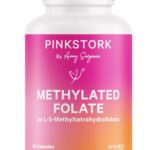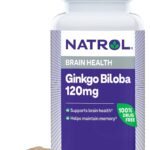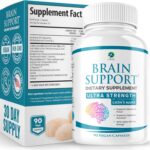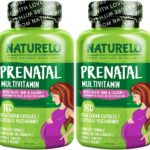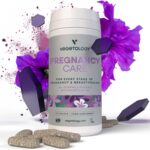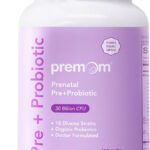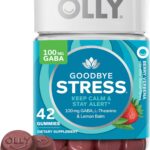Beat the Breakouts: How Retinol Can Revolutionize Your Acne-Fighting Routine
The Power of Retinol
Retinol, a derivative of vitamin A, has been a staple in the skincare industry for decades. Its ability to promote cell turnover, reduce inflammation, and unclog pores has made it a go-to ingredient for tackling acne-prone skin. But despite its popularity, many people are still hesitant to incorporate retinol into their skincare routine due to concerns about irritation and sensitivity. In this article, we’ll explore the benefits of retinol and provide tips on how to use it effectively to beat breakouts and achieve clearer, healthier-looking skin.
Understanding Retinol
Retinol works by stimulating collagen production, which helps to plump and firm the skin. It also increases cell turnover, allowing for the removal of dead skin cells and other debris that can clog pores. Additionally, retinol has anti-inflammatory properties, making it an effective treatment for reducing redness and swelling associated with acne. When used consistently, retinol can help to reduce the appearance of fine lines and wrinkles, giving the skin a more youthful and radiant appearance.
Using Retinol for Acne-Fighting
Retinol is particularly effective at targeting blackheads and whiteheads, as well as reducing the size and severity of pimples. When applied to the skin, retinol helps to break down the dead skin cells and other debris that can clog pores, allowing for a clearer complexion. It also helps to reduce the production of sebum, which can contribute to clogged pores and acne. By using retinol as part of a comprehensive skincare routine, individuals can experience significant improvements in the appearance of their skin, including reduced acne, reduced inflammation, and a more even tone.
Benefits for Sensitive Skin
Despite its reputation for being harsh, retinol can be used by individuals with sensitive skin. In fact, retinol is often recommended for sensitive skin due to its ability to reduce inflammation and promote collagen production. When used in a gentle, gradual manner, retinol can help to calm and soothe sensitive skin, reducing redness and irritation. For those with extremely sensitive skin, it’s recommended to start with a lower concentration of retinol and gradually increase as the skin becomes more tolerant.
Combining Retinol with Other Skincare Ingredients
Retinol can be used in combination with other skincare ingredients to enhance its benefits. For example, pairing retinol with a salicylic acid or benzoyl peroxide treatment can help to further reduce acne and inflammation. Similarly, using retinol in conjunction with a moisturizer or sunscreen can help to hydrate and protect the skin, reducing the risk of irritation and other side effects. By combining retinol with other skincare ingredients, individuals can create a customized skincare routine that addresses their specific skin concerns and needs.
Tips for Using Retinol
When using retinol, it’s essential to follow a few simple tips to ensure maximum benefits and minimize side effects. First, start with a low concentration of retinol and gradually increase as the skin becomes more tolerant. Second, apply retinol at night, as it can make the skin more sensitive to the sun. Third, use a gentle, non-comedogenic moisturizer to hydrate and soothe the skin. Finally, be patient, as it may take several weeks to see the full benefits of retinol.
Retinol for Hyper-Pigmentation
Retinol is not only effective at targeting acne, but it’s also a powerful treatment for hyper-pigmentation. By promoting cell turnover and reducing inflammation, retinol can help to lighten dark spots and even out skin tone. Additionally, retinol can help to reduce the appearance of fine lines and wrinkles, giving the skin a more youthful and radiant appearance.
Retinol for Anti-Aging
As we age, our skin’s natural ability to produce collagen and elastin declines, leading to the appearance of fine lines, wrinkles, and sagging skin. Retinol can help to combat these signs of aging by stimulating collagen production and improving skin elasticity. By using retinol as part of an anti-aging skincare routine, individuals can experience significant improvements in the appearance of their skin, including reduced fine lines and wrinkles, improved skin texture, and a more even tone.
Conclusion
Retinol is a powerful ingredient that can revolutionize your acne-fighting routine. By understanding how retinol works, using it effectively, and combining it with other skincare ingredients, individuals can experience significant improvements in the appearance of their skin. Whether you’re looking to tackle acne, hyper-pigmentation, or anti-aging concerns, retinol is an ingredient that’s worth incorporating into your skincare routine. With its ability to promote cell turnover, reduce inflammation, and unclog pores, retinol is a game-changer for anyone looking to achieve clearer, healthier-looking skin.


